Lucas Debargue, a 24-year-old French pianist, came fourth in the finale of the Tchaikovsky competition in Moscow on 30 June, yet he’s the only competitor anyone is talking about. Why?
The main reason is that they’re riveted by his backstory. Have you noticed how we all say ‘backstory’ these days, instead of boring old ‘background’? It’s defined as ‘the things that have happened to someone before you first see or read about that person in a film or story’. Neal Gabler wrote a book called Life: The Movie, about our entertainment-obsessed society’s urge to stretch and squash everything from terrorist attacks to an argument at the checkout into an imaginary plot. That doesn’t reflect well on us, but in the case of Lucas Debargue the urge is irresistible. His backstory belongs in a French film that would have music buffs complaining that this sort of thing never happens in real life.
Incredibly, he was self-taught until well into his teens, beginning with jazz. To quote my colleague Ismene Brown, in a Spectator blog post shared 3,700 times on Facebook, ‘he started playing a friend’s piano by ear, aged 11, and tinkered around until giving up at 17 and working in a Paris supermarket… Invited by his old home town to play in their local festival, he picked up the piano again and played so brilliantly that he was put in touch with a hot-house Russian piano coach in Paris. After four years, he was in the final of the Tchaikovsky competition, playing with an orchestra for the first time in his life.’
In the movie Debargue would come first rather than fourth (i.e. last). But that doesn’t matter, because in the eyes of the public he was the real winner. The Moscow Music Critics Association thought so, too, awarding him their prize for ‘the pianist whose incredible gift, artistic vision and creative freedom have impressed the critics as well as the audience’.
In other words, they told the jury to get stuffed — but, to be fair, the jury members were split and have been bitching about each other.
‘I’m not satisfied with the results of the competition,’ said Boris Berezovsky. ‘Our beloved Frenchman Lucas Debargue who deserved as a minimum a bronze, in my opinion even silver, was shifted to the fourth. Surprisingly, it was the decision of non-Russian jury members.’ To which British juror Peter Donohoe, writing on Norman Lebrecht’s blog, replied that ‘shit happens’ when you ‘apply democracy to something so subjective, abstract and variable as a music competition’.
It’s especially likely to happen when a young pianist is obviously indifferent to the conventions of the circuit. Martha Argerich resigned from the jury of the 1980 Chopin competition when the ‘genius’ Ivo Pogorelich was eliminated, having delivered wildly idiosyncratic performances while tossing back his Brat Pack hair. Debargue isn’t a narcissist or a pin-up like Pogorelich but he did wear an open-necked shirt in the final; a waxy-faced Putin — does he share an embalmer with Lenin? — didn’t look pleased. Also, Debargue’s new fans say he resembles a young Sartre, a back-handed compliment if ever there was one.
But what really shocked the jury, I suspect, was Debargue’s fingering. I’ve never seen anything like it. Scales played with only the thumb and index finger and his pinkie sticking up as daintily as Hyacinth Bucket’s. One piano teacher reportedly walked out in protest at this ‘amateur’ technique.
More fool him, I say. Debargue’s double octaves in the Tchaikovsky First Piano Concerto were just as fast as those of the conventionally gifted winner, Dmitry Masleev; they didn’t have the same gliding quality, but then Debargue isn’t really a Tchaik 1 sort of pianist. To hear him at his best, seek out his Gaspard de la nuit from round two. It’s the most frighteningly demanding piece Ravel ever wrote. Hundreds of young pianists can play it faultlessly — the world is oversupplied with aspiring virtuosos — but Debargue’s performance stands out. Perhaps it’s his weird fingering that gives him a special grip on its intricacies; perhaps it’s his intellect — he ‘argues’ the music with a confidence worthy of Richter.
The real injustice is that he was ranked on the basis of a Classic FM warhorse. It would be nice if, one day, organisers could summon up the nerve to get the concerto round out of the way before a solo finale. Better still, ditch these stupid competitions altogether.
Got something to add? Join the discussion and comment below.
Get 10 issues for just $10
Subscribe to The Spectator Australia today for the next 10 magazine issues, plus full online access, for just $10.

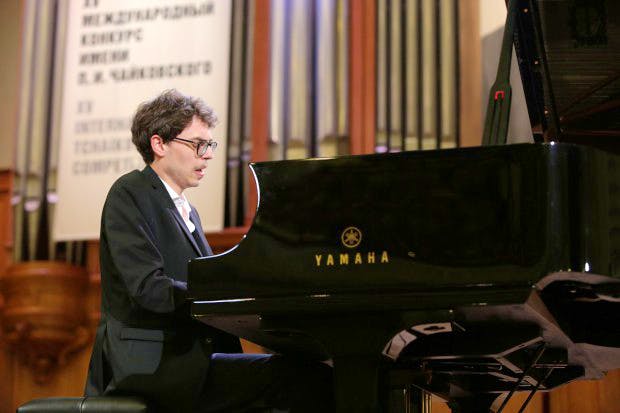
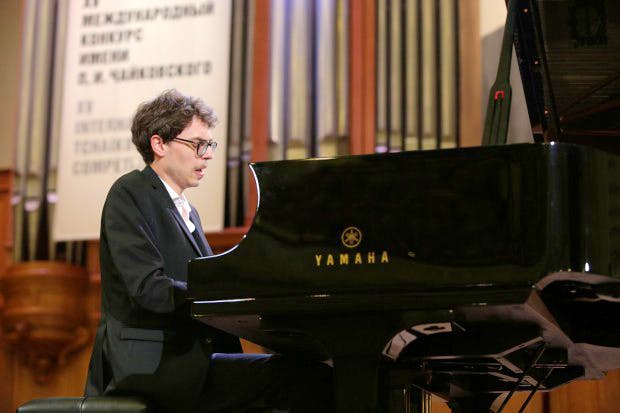

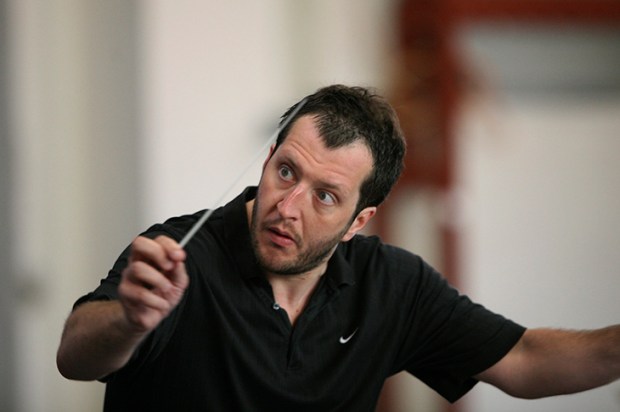
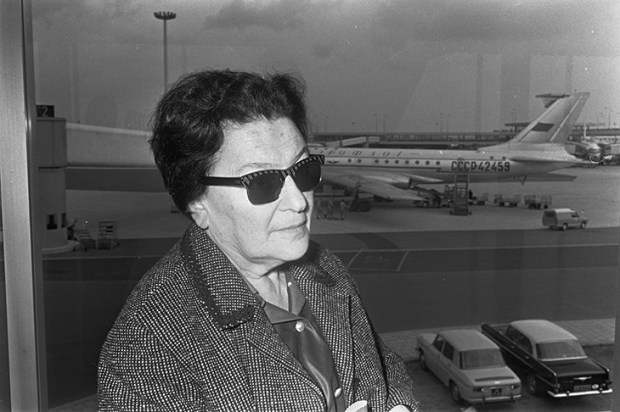
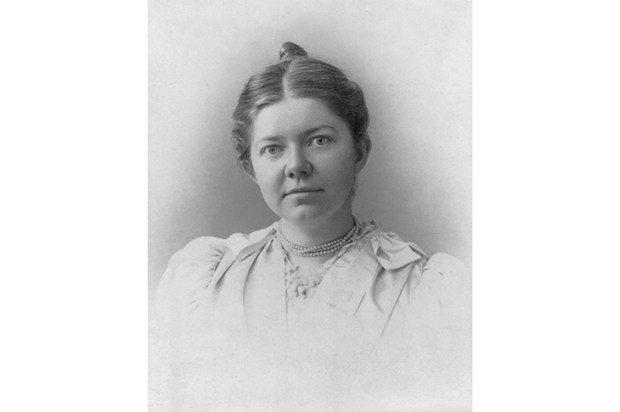
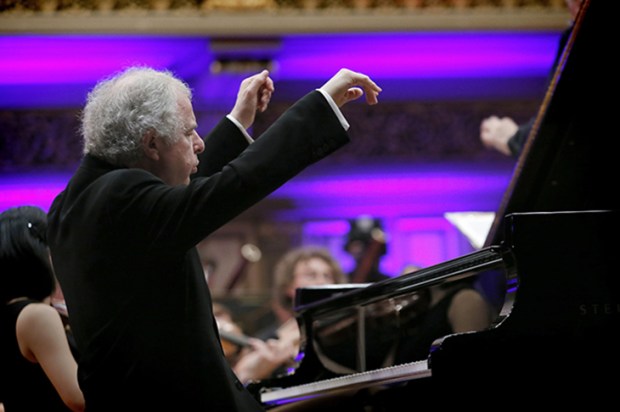






Comments
Don't miss out
Join the conversation with other Spectator Australia readers. Subscribe to leave a comment.
SUBSCRIBEAlready a subscriber? Log in